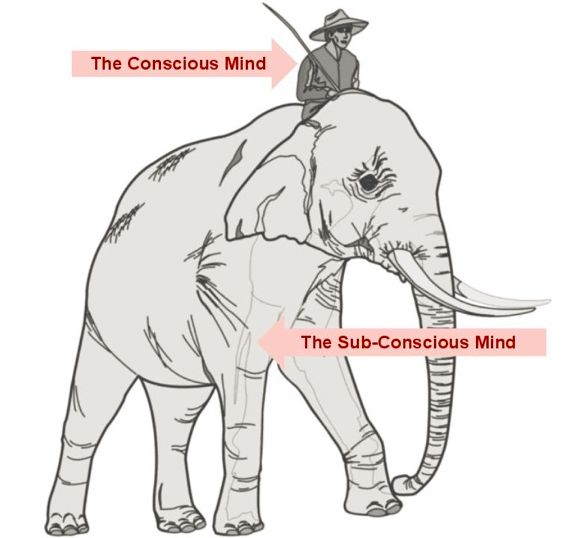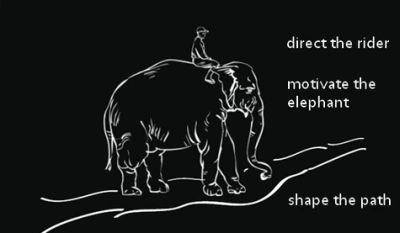Aug 14, 2025
Aug 14, 2025
This is a sequel to my earlier post on Rational Thinking.
(See https://www.boloji.com/blog/1627/rational-thinking )
I have one serious concern in this regard. The concern is that many people , in spite of very high education, subscribe to superstitions and unfounded beliefs. The question is “why do they do so?”. The same question has bothered the renowned Indian astrophysicist Jayant Narlikar. In his book “The Scientific Edge(Indian Science from Vedic to Modern Times)”, Professor Narlikar laments that such beliefs in India are on the increase. For example he states that more and more number of marriages are fixed on the basis of horoscopes.
I have found one possible answer in the so-called “Elephant and the Rider” metaphor. This metaphor was coined by the psychologist Jonathan Haidt. This is elaborated in his book “The Happiness Hypothesis (Finding Modern Truth in Ancient Wisdom)”. Haidt focuses on the controlled and automatic functions of the human brain, between the conscious/reasoned processes and automatic/implicit processes. His metaphor is a rider on the back of an elephant in which the conscious mind is the rider and the unconscious mind is the elephant. The rider is unable to control the elephant by force: this explains many puzzles about our mental life, particularly why we have such trouble with weakness of will. Learning how to train the elephant is the secret of self-improvement. (http://en.wikipedia.org/wiki/The_Happiness_Hypothesis ).

People traditionally, and notoriously, resist change. This resistance is explained in terms of this metaphor. The rational mind wants the change but the emotional mind pulls the person back.
Common sense, according to a quote attributed to Einstein, is a collection of prejudices acquired by age eighteen. This is applicable equally to rational and irrational sense. Coming to the topic, the irrational sense is the elephant. The rational sense is the rider. It always calls for a great effort to remove from our minds these prejudices. It is also very true that a trace or an iota always remains.
The rational mind believes in scientific reasoning and logical thinking. At the same time the emotional mind is allowed to retain whatever that doesn’t appeal to logic.
In order that people may embrace desirable changes the following advice is given.
